The end of gas transit through Ukraine. What are the consequences for Europe and Russia?
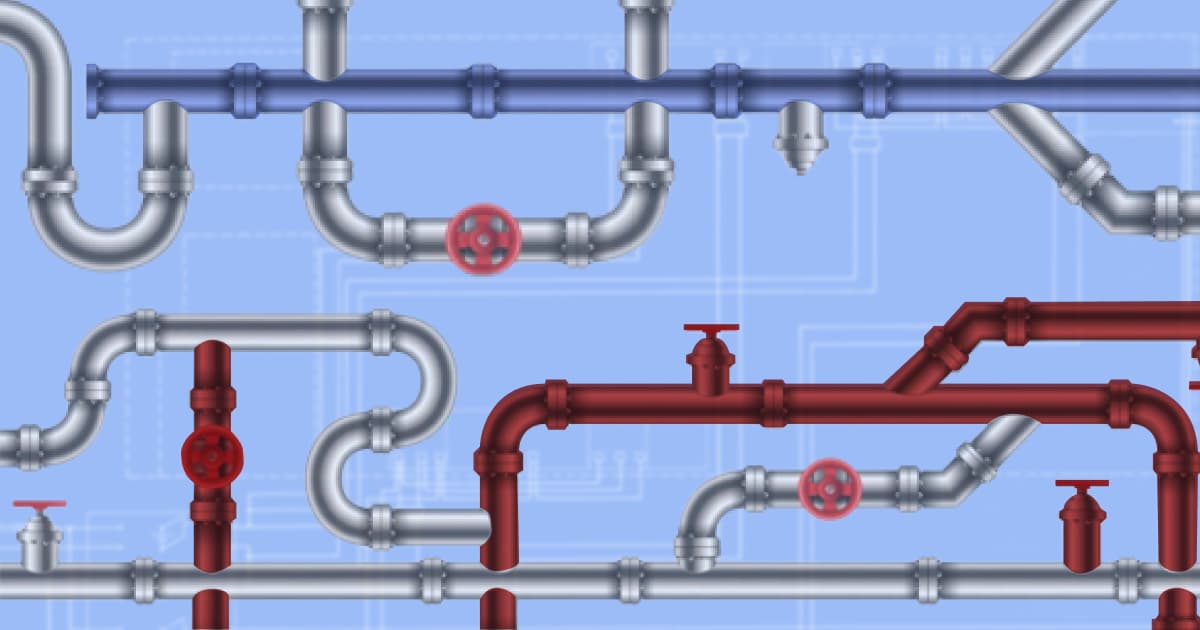
Ukraine rejected direct supplies of Russian gas for its own needs in November 2015. On January 1, 2025, at 7:00 Kyiv time, Ukraine officially halted natural gas transportation from Russia to the European Union and Moldova through its own gas transit system.
For European partners, Kyiv's decision was not unexpected. As early as December 20, 2023, European Commissioner for Energy Kadri Simson stated that the transit of Russian gas through Ukraine would be stopped and urged EU member states still consuming Russian gas to prepare for market changes. The Association Agreement between Ukraine and the European Union did not contradict Ukraine’s decision to halt the transit of Russian gas. Specifically, Article 472 states that "nothing in this Agreement shall prevent either Party from taking any measures it considers necessary to ensure its own security."
In reality, discussions about cutting off Russian gas have been underway in Brussels since 2009, following the second short-term interruption (the first was in 2006) of Russian gas supplies through Ukraine. At the time, Russia accused Ukraine of stealing gas destined for the EU. In response, the Council of Energy Ministers of the 27 EU member states adopted a strategy to end the European Union's dependence on Russian gas. It took 16 years and a full-scale Russian invasion of Ukraine to implement the strategy.
Svidomi investigated why some countries were not prepared to cut off gas supplies from Russia, whether this is really the case, and whether Russia will be able to compensate for the loss of the European market with the Asian markets.
The last gas transit contract
In 2019, Russia was actually trying to sabotage the signing of a new contract for gas transit through Ukraine. At that time, the construction of the Nord Stream 2 pipeline, which was designed to bypass Ukraine's gas transit system, had been completed.
Ukraine was not the only country to oppose the pipeline — the United States and the Baltic states also objected. The U.S., fearing Russia's growing influence on the European energy market, warned of possible sanctions against companies involved in the project. The White House made good on its threats, imposing restrictions on Nord Stream 2 that softened Russia's previously firm stance.
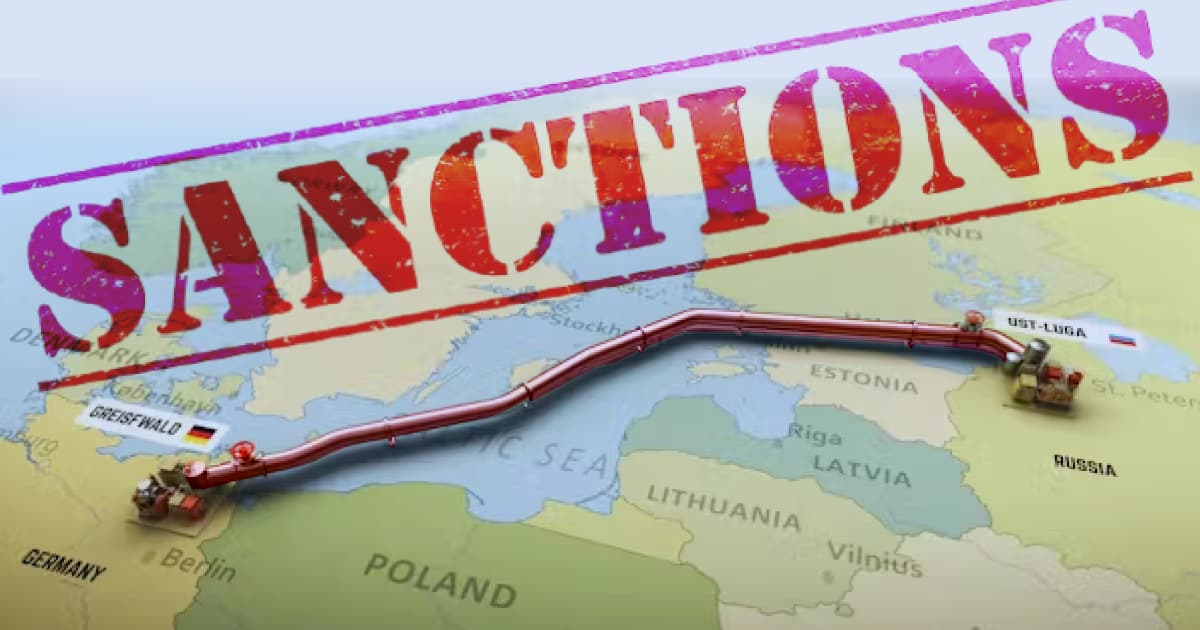
That same year, Ukraine's Naftogaz won another lawsuit against Russia's Gazprom for nearly $3 billion. The court ruled that Moscow had violated the terms of the previous transit agreement and had to compensate Kyiv. This ruling also influenced negotiations on continuing gas supplies to the EU via Ukraine.
On December 30, 2019, Naftogaz and Gazprom signed an intergovernmental transit contract based on the European "ship-or-pay" principle. This meant that Russia would pay a fixed fee for transit, regardless of the volume transported. In return, Ukraine made concessions and agreed to withdraw other gas-related lawsuits that were pending in court at the time.
In 2019, Ukraine signed a five-year gas transit contract with the possibility of extending it for another ten years.
Without Russian gas: What is the situation in different countries?
Austria faced problems with Russian gas even before the transit contract between Ukraine and Russia expired. On November 16, Russia's Gazprom cut off gas supplies to the Austrian energy company OMV.
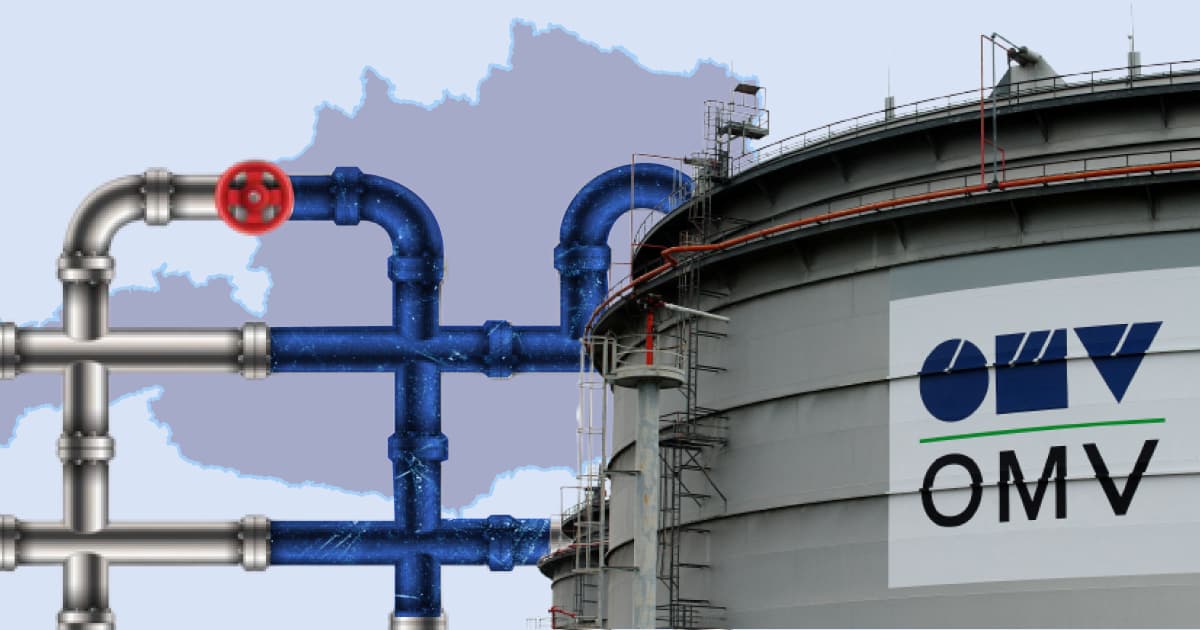
Russia took this step in response to OMV's statement that it would stop paying for Russian gas in order to recover an amount of €230 million that had been paid under a German contract but not fulfilled by the Russian supplier.
Regarding the gas transit situation, Austrian utilities stated that they had taken precautionary measures in case Russian gas supplies were cut off. New gas imports would come from Slovakia, Germany or Italy.
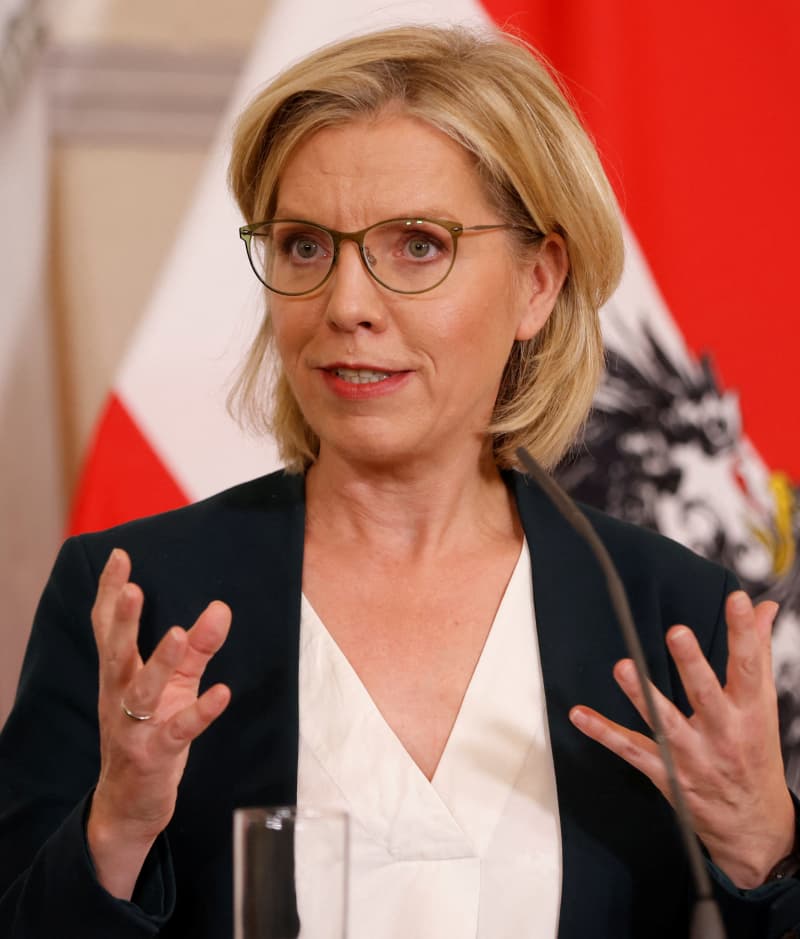
"Ukraine made it clear in advance that it would not extend the transit contract with the aggressor, Russia. We did our homework and were well prepared for this scenario,"
confirmed Austrian Energy Minister Leonore Gewessler.
Slovakia, however, reacted negatively to Ukraine's decision to end cooperation with Russia, with criticism also coming from Hungary.
Following the transit halt, Slovak Prime Minister Robert Fico visited Moscow on December 22 and met with Vladimir Putin. He later wrote a letter to the European Commission warning that stopping the gas transit would "increase tensions" and even threatened to cut off electricity supplies to Ukraine. Volodymyr Zelenskyy suggested that the Slovak leader acted under the Kremlin's influence rather than in Slovakia's best interests.

According to Mykhailo Honchar, a Ukrainian expert on international energy and security relations and President of the Center for Global Studies "Strategy XXI", Slovakia is not in a critical situation regarding gas supplies. The expert believes that gas prices in the country were artificially inflated by a few per cent but are now stabilising.
"Regardless of the prime minister's position, Slovak gas companies acted professionally. They expanded underground gas storage capacity and developed interconnectors with neighbouring countries — Poland and Hungary. As a result, they have no problems securing additional gas supplies. They learned from their mistakes after the 2009 Russian gas crisis," Honchar explains.
While EU countries were primarily prepared for Ukraine's decision to stop transporting Russian gas, EU candidate Moldova was not.
Since mid-December 2024, Moldova has been in a state of emergency. The problem is that electricity in the government-controlled part of Moldova was dependent on Russian gas. Russian gas was delivered to the Moldovan GRES power plant in the breakaway region of Transnistria, which then sold electricity to the government-controlled part of Moldova. This arrangement allowed Moldova to buy electricity at half the price of the Romanian market. The plant supplied up to 90% of the electricity purchased by Chișinău.
Despite an active contract until 2026, Gazprom cut off gas supplies to Transnistria. This move likely took both Transnistria and Moldova by surprise. Gas not only formed the economic backbone of the separatist region but also helped maintain the legitimacy of its so-called government through low consumer tariffs — and thus Russia's influence in the region.
As some experts predicted, a shift began to occur two weeks into the humanitarian crisis. Russia did not resume gas deliveries, but Vadim Krasnoselsky, the so-called leader of Transnistria, travelled to Moscow on January 14 to negotiate gas supply arrangements.
Russia adopted a new strategy of "cooperation". According to this plan, a front company would use Russian funds to purchase gas on international markets and deliver it to Transnistria. Such schemes are likely part of Russia's plan to influence Moldova's parliamentary elections later this year.
In response, Chișinău announced that under Moldovan law, gas purchases must be made through Moldovagaz on a commercial basis. This means Russia would have to transfer funds to the local company Tiraspoltransgaz, which would then pay Moldovagaz for gas purchases from the European market.
On the Tiraspoltransgaz website, the most recent news about heating restoration, as of this report's preparation, was dated February 1. The report mentioned the resumption of heating for households, educational and medical institutions, and social welfare facilities in the so-called Transnistrian Moldavian Republic.
Manipulation in foreign media
Before Kyiv fulfilled its promise not to extend the transit agreement, Ukraine's decision was discussed in various domestic and foreign publications. The American media outlet Bloomberg was known for its manipulative narratives.
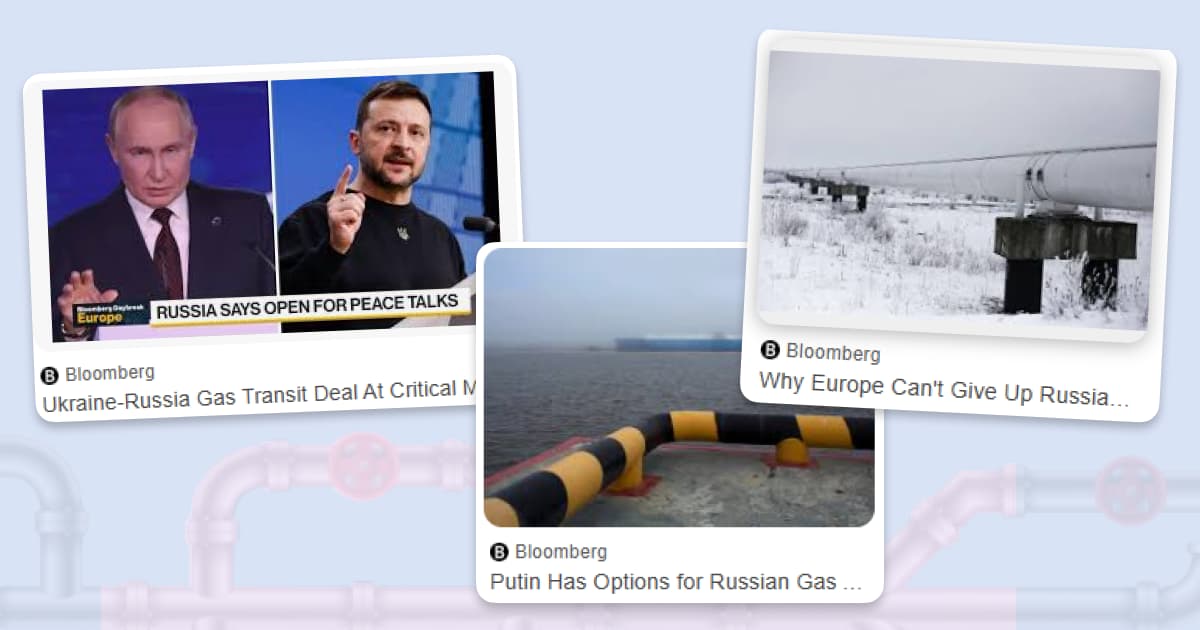
For example, in a December 28 article, journalist Ewa Krukowska advised the "Ukrainian leader" to consider the need to protect the country's 38,600-kilometer gas pipeline system. According to the author, this system has avoided attacks because Russian gas flows through it.
This assertion by journalists is false and possibly manipulative. According to Mykhailo Honchar, an expert on international energy and security relations, the pipelines are primarily underground, which naturally protects them from attacks since it is difficult to attack what cannot be seen. Second, since March 21, Russia has been targeting underground gas storage facilities. Since these facilities are part of Ukraine's gas transportation system, it has already become a target of Russian attacks.
Another Bloomberg article claims that "Moscow already has alternatives for fuel supplies that shield it from any serious economic blow" despite the halt in gas transit through Ukraine. According to experts quoted in the publication, the first step toward economic stability in Russia is to increase gas supplies to China.
Russia has previously promised to "redirect" all its gas away from Europe, but this is technically impossible, the expert notes.
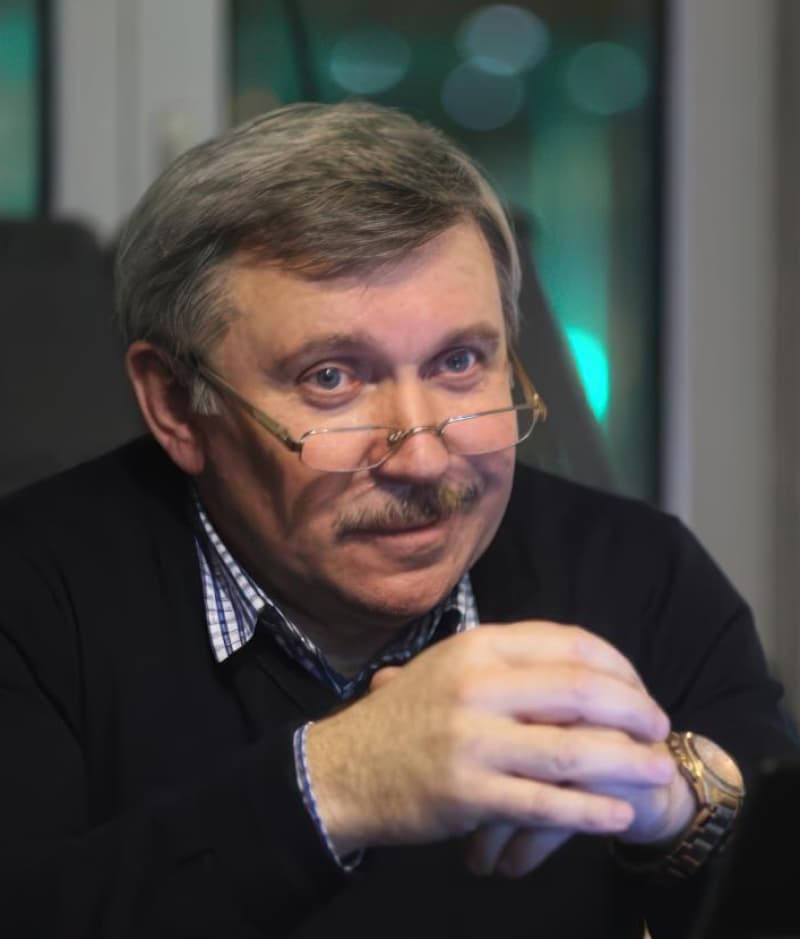
"The problem is that the gas that goes to Europe comes primarily from Western Siberian fields. This gas cannot simply be diverted to China for one simple reason — there is no pipeline in that direction. The gas that goes to China comes from the East Siberian resource base. In addition, the price of gas in China and Europe is very different. In China, there is only one buyer, while in Europe, there is a competitive market where prices fluctuate, allowing for maximum profits,"
Honchar explained in a comment to Svidomi.
Honchar also dismisses the possibility of Gazprom increasing sales via TurkStream (a direct gas pipeline between Russia and Türkiye across the Black Sea).
"The TurkStream pipeline is practically at full capacity. Hypothetically, some additional gas could be squeezed in, but in reality it would only be enough to meet Transnistria's needs. But Transnistria is not paying for this gas," the expert added.
Will Russia go bankrupt?
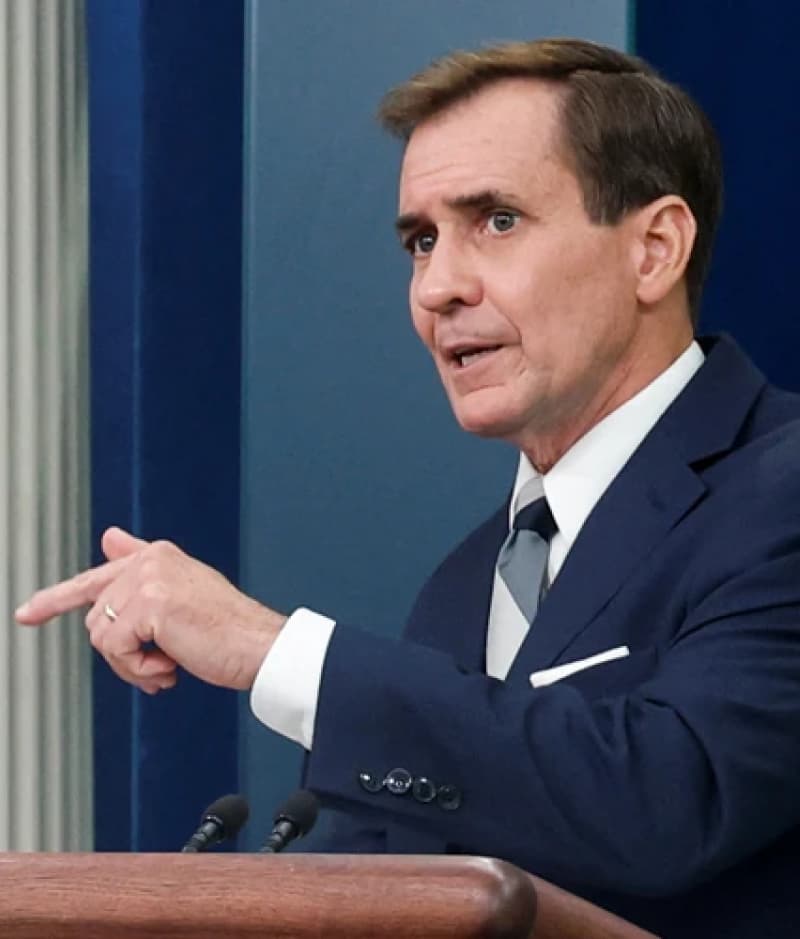
"This will clearly deprive Russia of about $6.5 billion in annual revenue that it previously earned from gas sales to Europe. It is one of Moscow's biggest and most costly defeats,"
said White House adviser John Kirby.
According to Mykhailo Honchar, increasing gas supplies in other directions cannot currently compensate for the loss of the EU gas market. Gas exports this year have indeed increased by a few billion cubic meters compared to last year, but according to Honchar, this is not a significant indicator. It is important to note that these figures refer not to Gazprom but to the private company Novatek.
As for liquefied gas supplies, there are nuances related to its extraction in harsh Arctic conditions. For instance, export duties were removed from Novatek to allow its Arctic gas to compete in global gas markets.
"Moreover, Russia does not receive direct budget revenue from this liquefied gas export, as it did with Gazprom’s gas. Of course, Novatek pays relevant taxes, but the scale is entirely different," Honchar explained.
What's next?
Russia will continue using its indirect influence levers to push its agenda. According to Honchar, there are already voices among European and American politicians suggesting a softening of sanctions if Russia pretends to be willing to compromise to end the Russia-Ukraine war.
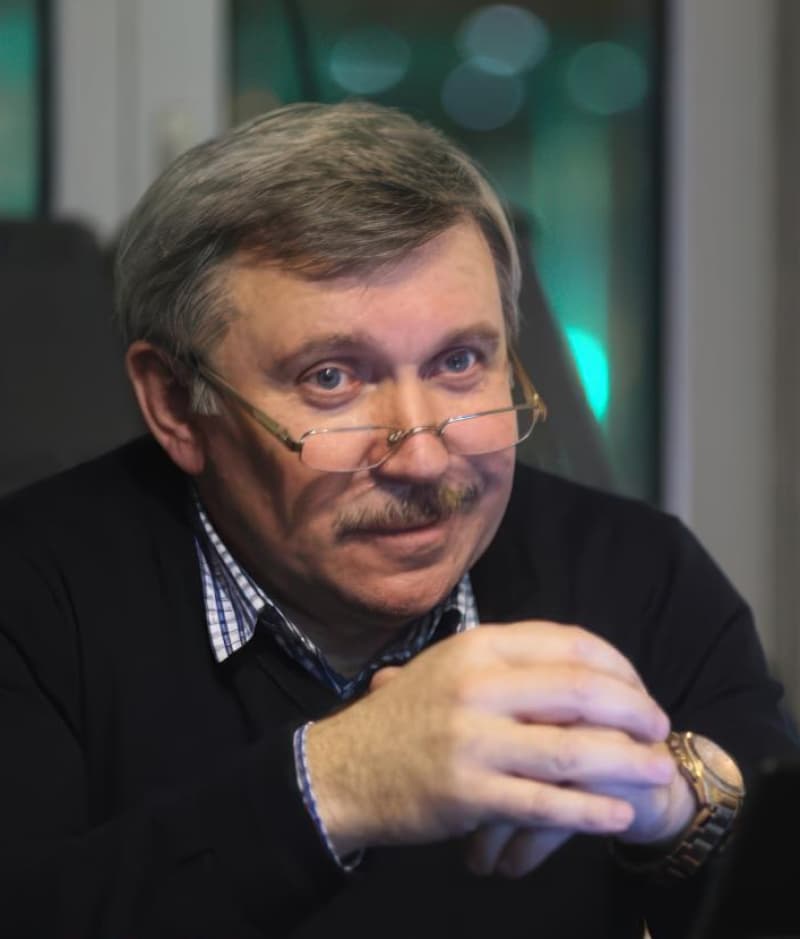
"Russia is trying to exploit the situation because the Kremlin understands that even weak and prolonged sanctions have a cumulative effect. They need relief and a weakening of the sanctions pressure. Here, it is crucial for Ukrainian diplomacy to act decisively: there can be no revision of sanctions until Russia has completely withdrawn its troops from Ukrainian territory. Everything else is secondary. The Europeans, of course, like to demonstrate 'goodwill,' but it is important to remember that sanctions must remain a powerful tool of pressure,"
said Mykhailo Honchar, a Ukrainian expert on international energy and security relations and president of the Strategy XXI Center for Global Studies.


